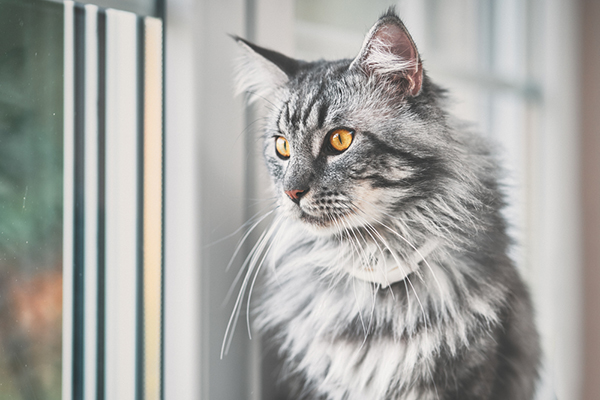Cranial Cruciate Ligament (CCL) Injuries
One of the most common injuries to the knee of dogs is tearing of the cranial cruciate ligament (CCL). This ligament is similar to the anterior cruciate ligament (ACL) in humans.
When the CCL is torn or injured, the shin bone (tibia) slides forward with respect to the thigh bone (femur), which is known as a positive drawer sign. Most dogs with this injury cannot walk normally and experience pain. The resulting instability damages the cartilage and surrounding bones and leads to osteoarthritis (OA).
With most CCL tears, ligament rupture is a result of subtle, slow degeneration that has been taking place over a few months or even years rather than the result of sudden trauma to an otherwise healthy ligament. This difference between people and dogs then lends to the fact that 40-60% of dogs that have torn the CCL in one knee will, at some future time, develop a similar problem in the other knee. Partial tearing of the CCL is common in dogs as well and will eventually progress to a full tear over time.

Cranial cruciate ligament disease can affect dogs of all sizes, breeds, and ages, but rarely cats. Certain dog breeds are known to have a higher incidence of CCL tears (Rottweiler, Newfoundland, Staffordshire Terrier, Mastiff, Akita, Saint Bernard, Chesapeake Bay Retriever, and Labrador Retriever) while others are less often affected (Greyhound, Dachshund, Basset Hound, and Old English Sheepdog). A genetic mode of inheritance has been shown for Newfoundland and Labrador Retrievers.
Throughout the years there have been numerous surgical procedures performed on dogs in an attempt to stabilize joints with torn cruciate ligaments. However, throughout the last decade it has become widely accepted that the geometry altering procedures like TPLO seem to provide the most reliable post-op stability and return to function.
TPLO Surgery
Dr. Patrick Allen has been performing TPLO surgery for dogs with CCL tears since 2008 and to date has performed over 700 of these procedures. If your pet is suffering from a torn CCL please contact us to set-up a consultation to discuss treatment options with Dr. Allen.
Read more about TPLO at Top Dog Health.


